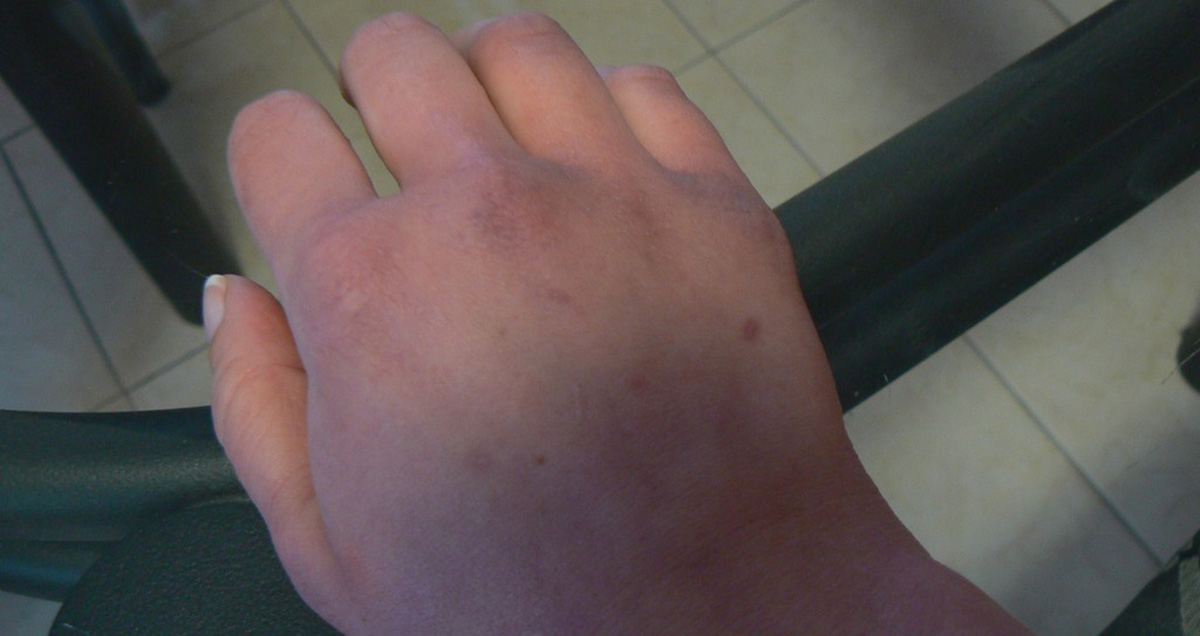Table of Contents
Studies show that the incidence of certain autoimmune diseases is continuing to rise. These diseases include lupus, celiac disease, and diabetes type 1.

Researchers cannot fully explain why, but some experts think that environmental factors have a lot to do with the increased risk of developing autoimmune disorders. They explain that genetic changes do not happen over a short period of time to result in rapid increases in autoimmune diseases, so environmental factors may be responsible.
In another long-term study, it was estimated that about four percent of women (1 in 28) will develop the most common autoimmune disease, which is rheumatoid arthritis. On the other hand, less than two percent (1 in 59) of men will have the same disease. In the study, it was found that the second most common autoimmune disorder was polymyalgia rheumatica, with women and men having a lifetime risk of 2.4% and 1.7%, respectively.
Polymyalgia rheumatica is another inflammatory disease characterized by muscle pain, stiffness, low-grade fever, fatigue, and feelings of ill health.
Other common autoimmune diseases that could affect up to 1% of women (and fewer men) include systemic lupus erythematosus or lupus, giant cell arteritis, psoriatic arthritis, ankylosing spondylitis, and primary Sjögrens syndrome.
When to Consult a Doctor
The common symptoms of autoimmune diseases are often vague and similar to many other conditions. However, if you have had unexplained, lingering symptoms of low grade fever, fatigue, and a general feeling of being ill, it is best to see a doctor for proper diagnosis and treatment.
Many autoimmune diseases are chronic (long-term) but may be controlled with treatment. However, without adequate treatment, complications may arise, and other organs, such as the heart and kidneys, may be affected. While symptoms may come and go, worsening of symptoms (flare-ups) may also occur.
Diagnosis and Treatment of Autoimmune Disease
It is not always easy to diagnose an autoimmune disease because it can mimic other diseases. Some of the laboratory tests that can aid in diagnosis include complete bloods counts (CBC), urinalysis, antinuclear antibody (ANA) tests, autoantibody tests, metabolic panel tests, C-reactive protein (CRP), and erythrocyte sedimentation rate (ESR).
See Also: Eggs Of Pig Parasite Could Treat Your Autoimmune Disease
Depending on the specific type of disorder you have, your doctor will suggest treatments that may:
-
reduce abnormal immune responses and inflammation, such as immunosuppressive drugs. These include corticosteroids, azathioprine, mycophenolate, cyclophosphamide, sirolimus, and tacrolimus.
-
replace substances that the body lacks due to the disease. These include vitamin B12 (in celiac disease), insulin (in type 1 diabetes), or thyroid hormone (in Hashimoto's thyroiditis).
-
replace blood through transfusions, if needed
-
help improve movements, through physical therapy, if the joints, bones, or muscles are affected.
- WebMD. 1 in 12 Women Will Have Autoimmune Disease. http://www.webmd.com/rheumatoid-arthritis/news/20110110/1-in-12-women-will-have-autoimmune-disease
- Medscape. Environmental Epidemiology and Risk Factors for Autoimmune Disease. http://www.medscape.com/viewarticle/449854
- NIH. Understanding Autoimmune Diseases. http://niams.nih.gov/Health_Info/Autoimmune/default.asp
- Medical News Today. Autoimmune Disease Rates Increasing. http://www.medicalnewstoday.com/articles/246960.php
- Mindmap by steadyhealth.com
- Photo courtesy of Kristin "Shoe" Shoemaker by Flickr : www.flickr.com/photos/linuxlibrarian/3193756129
- www.medicalnewstoday.com
- niams.nih.gov
- www.medscape.com
- www.webmd.com

